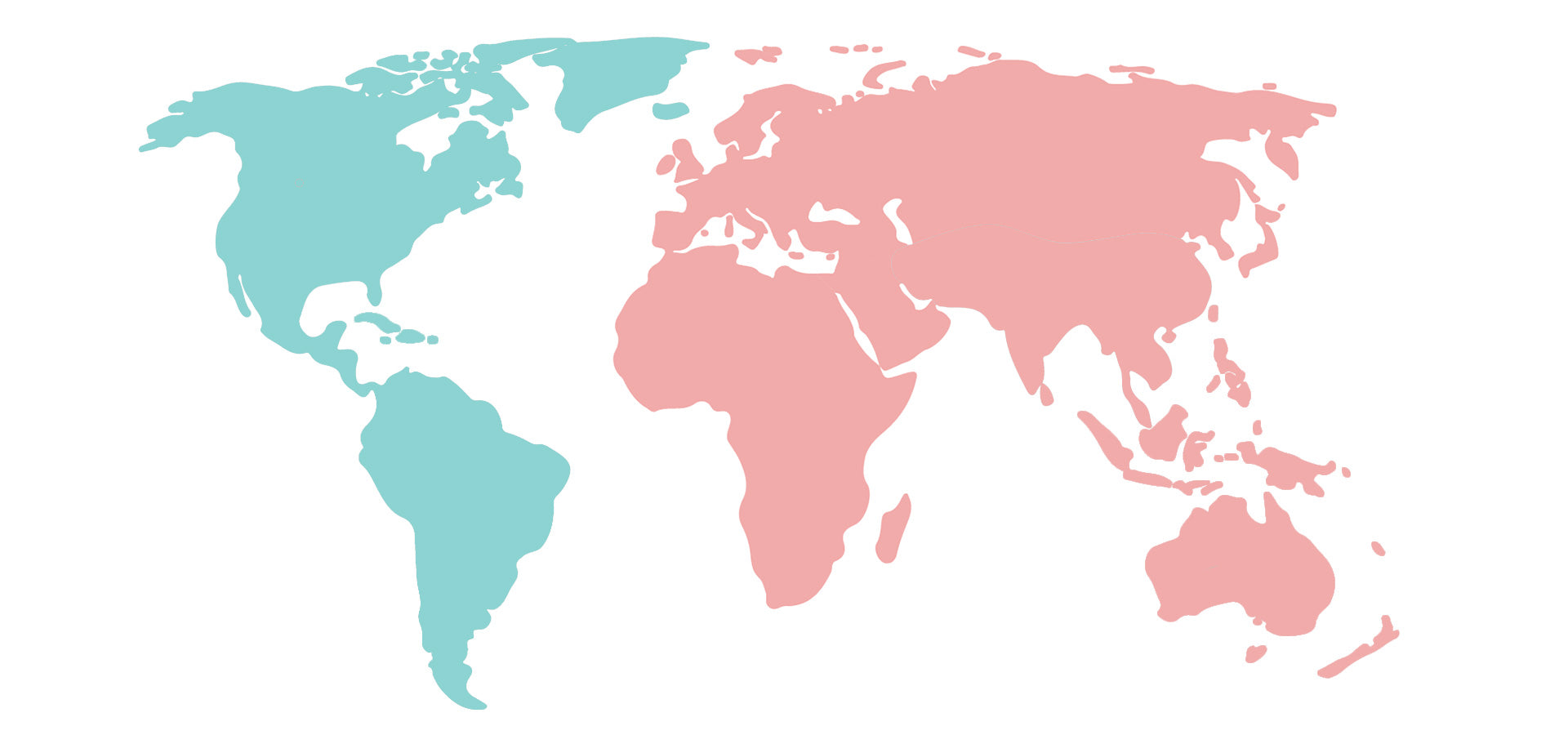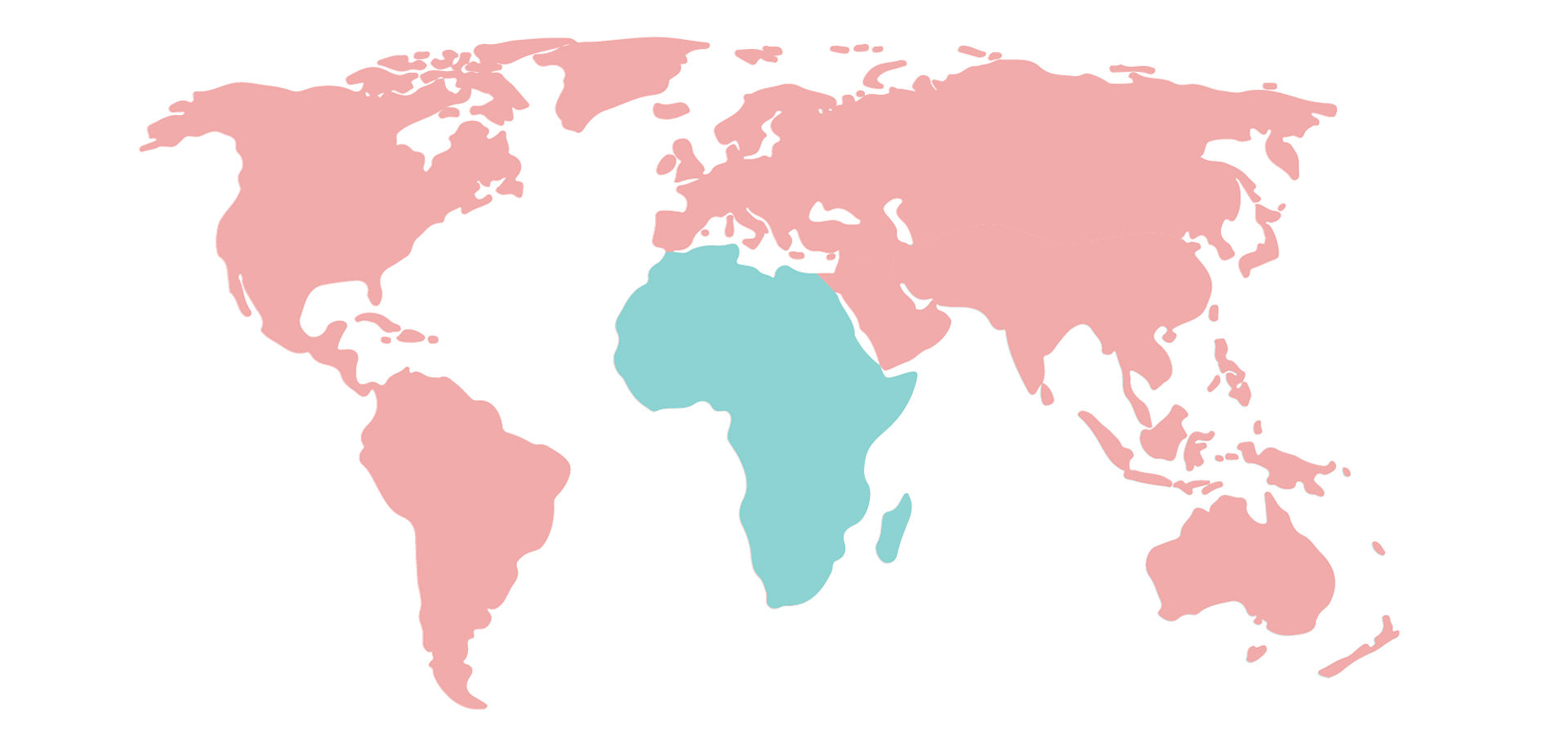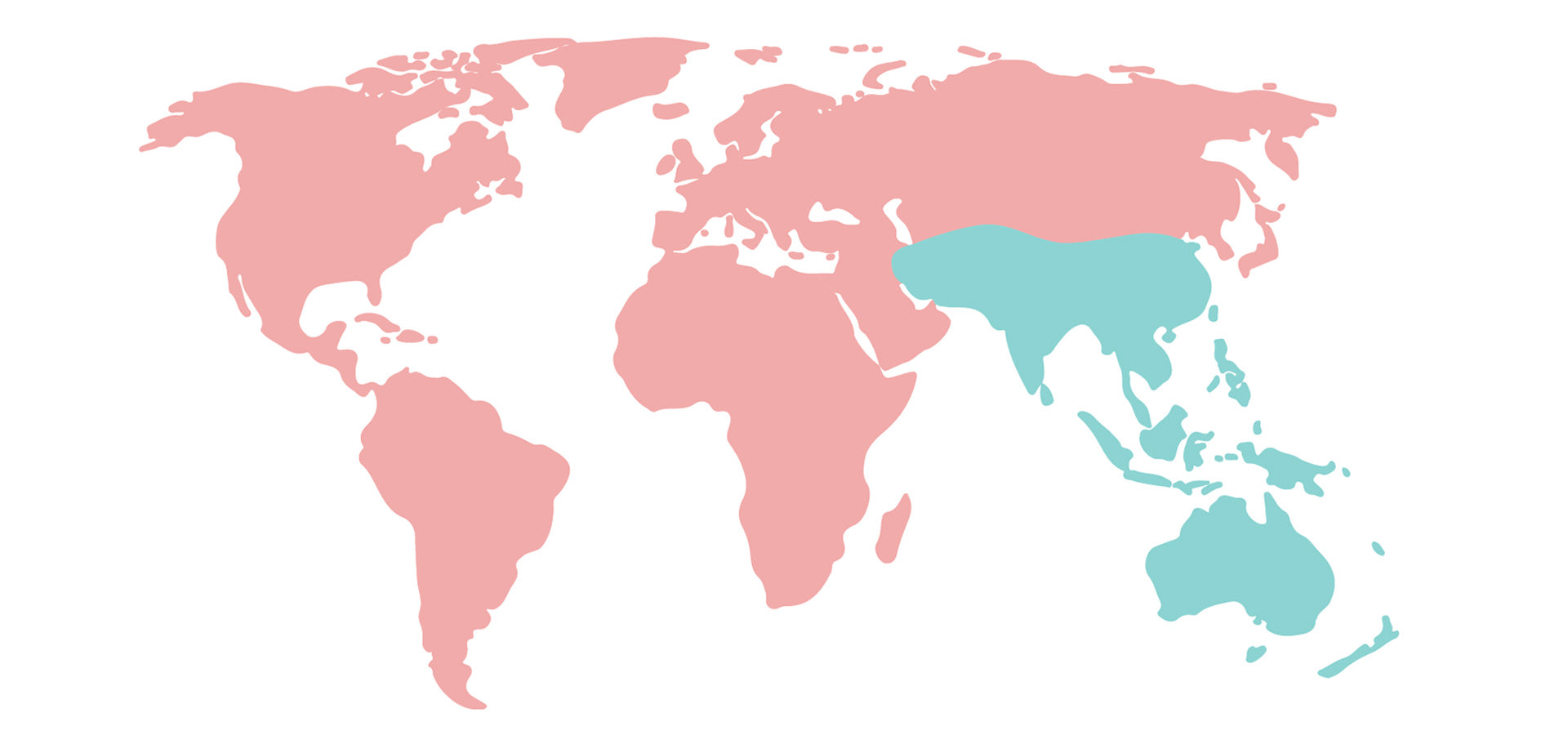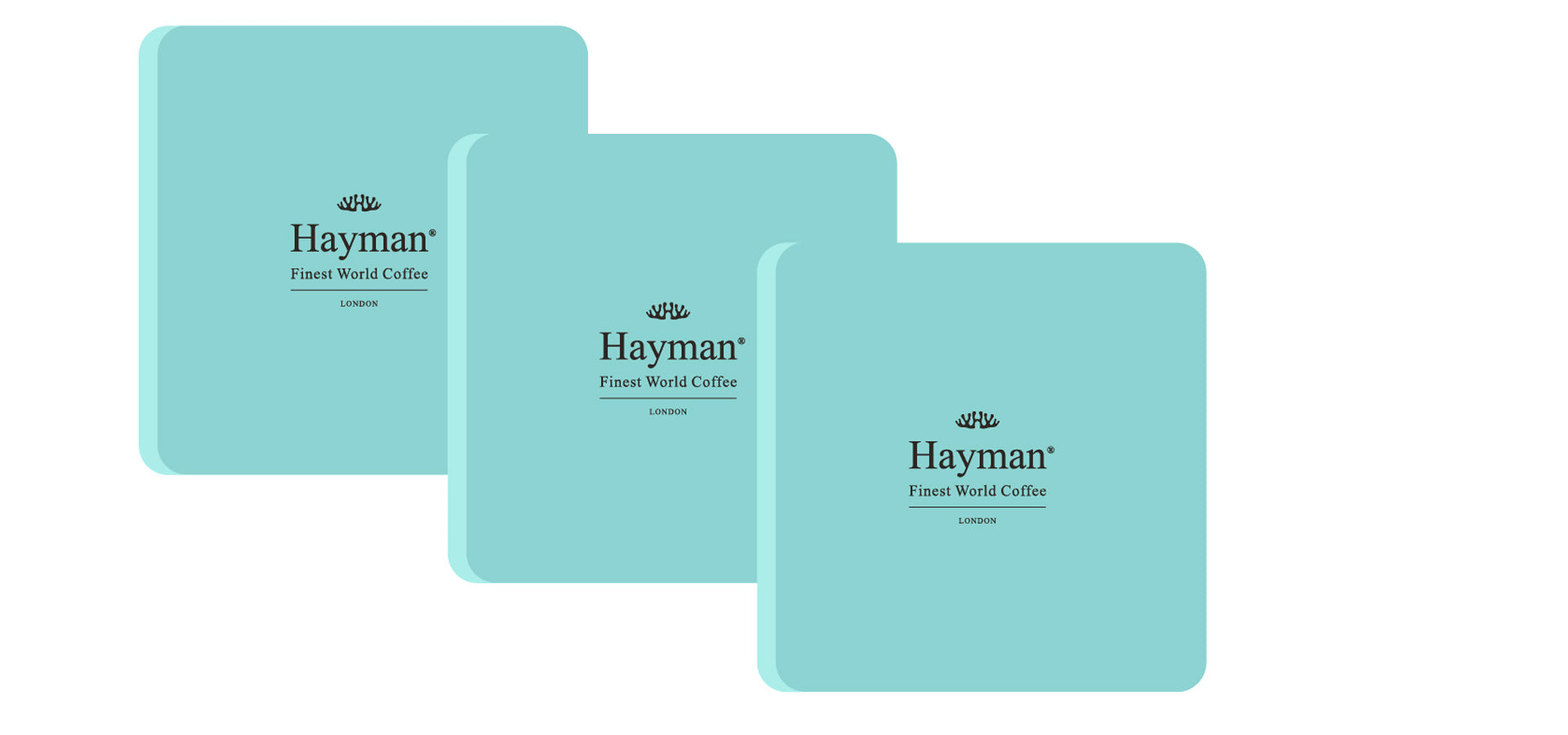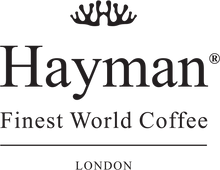How Much Caffeine in Decaf Coffee? | Decaffeinated

For millions of coffee lovers worldwide, enjoying java throughout the day means avoiding caffeine at all costs. For some, decaf coffee is the preferred option for health reasons. For others, decaf is purely a personal preference.
But what most seem oblivious to is the fact that decaffeinated coffee isn’t in fact 100% decaffeinated. It’s simply assumed that decaf means decaf, though this technically isn’t the case at all.
Something that begs the obvious question – how much caffeine in decaf coffee?
Official Decaf Coffee (decaffeinated) Classification
According to official regulations, coffee must have at least 97% of its caffeine removed, in order to be classified as decaf. Which in turn means that no more than three per cent of the original caffeine remains in the beans, once the process has been completed. So you’d naturally presume that decaffeinated coffee in general would have next to no caffeine in it.
In reality, this isn’t always the case.
This is because caffeine content varies enormously from one bean to the next. A prime example to illustrate the point being the way in which Robusta coffee beans typically have around double the amount of caffeine of the average Arabica coffee bean. Not only this, but caffeine content also varies from one specific species of coffee to the next.
So what this means is that while at least 97% of the caffeine may have been removed, this doesn’t mean all decaf coffee contains little to no caffeine. Or even the same amount of caffeine. The interesting thing being that with all examples of decaf coffee, it isn’t a legal requirement for the manufacturer to state the specific amount of caffeine per 100g of cup. Ultimately meaning that those looking to avoid caffeine are largely kept in the dark, unless they make specific enquiries.
One of the biggest mistakes being made by many anti-caffeine coffee-fans being that of assuming that as there’s no caffeine in their beverage, they can drink way more of it. In doing so, they often end up consuming far more caffeine than they realise.
Is it Necessary to Avoid Caffeine?
Still, the good news is that the more scientific studies are carried out into the effect on properties of caffeine, the clearer it’s becoming that it really is good for most people. Unless you have a genuine medical reason why you cannot consume caffeine, experts are now recommending that the average adult to consume up to five cups of coffee a day for the benefit of their health.
Along with providing a quick and safe dose of energy and mental alertness, caffeine has been linked with an extraordinary array of potential health benefits. There is such a thing as going over the top, but keeping things relatively sensible can apparently work wonders.
In any case, the revelation that decaffeinated coffee isn’t in fact fully decaffeinated at all is likely to come as a surprise to a fair few decaf drinkers.
At Hayman’s online coffee store, you will find the world’s best decaf. Contrary to most other decaf coffees, which are decaffeinated using potentially harmful solvents and chemicals, Hayman’s splendid Mexico Chiapas Organic Decaf is decaffeinated through the innovative Mountain Water Process, a 100% chemical-free decaffeination method. Click here to order our incredible Mexico Chiapas Organic Decaf today, we offer free worldwide shipping!
